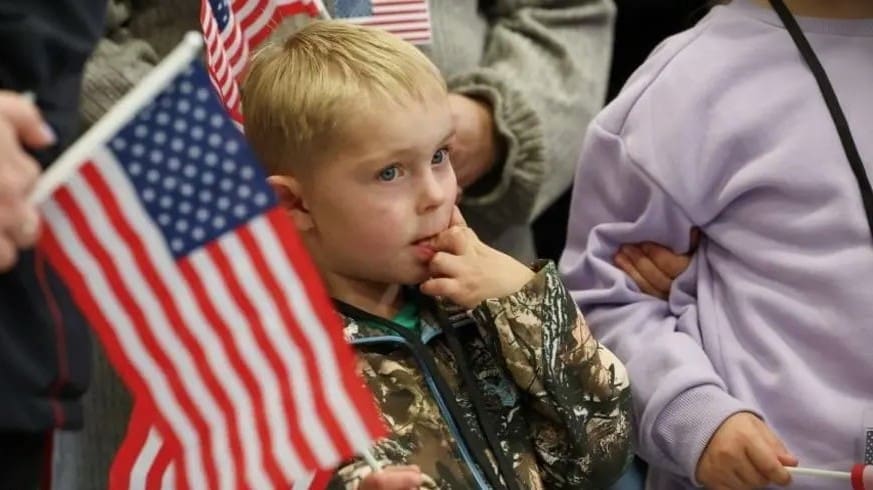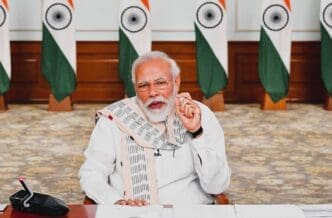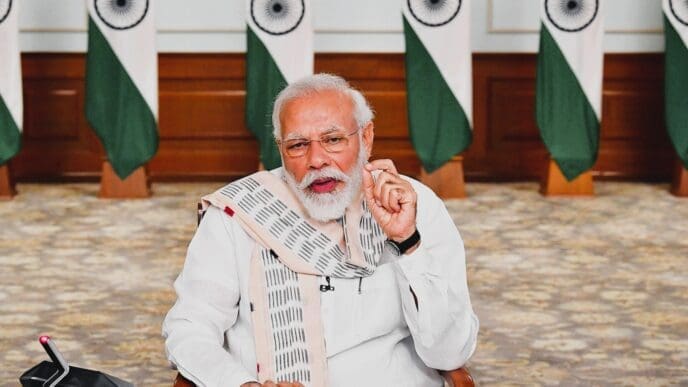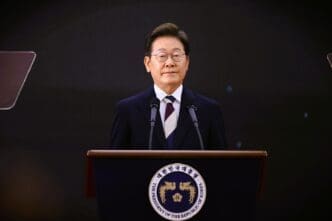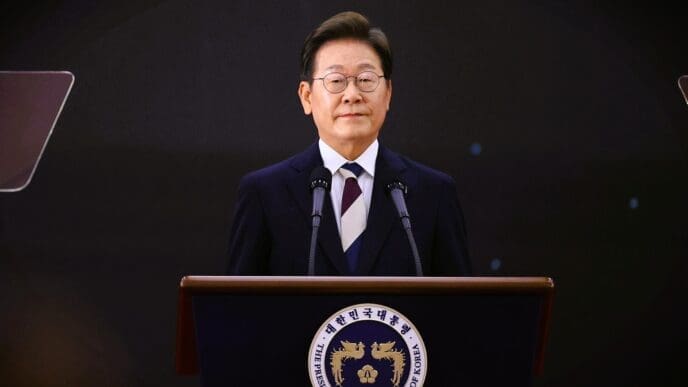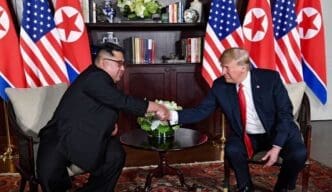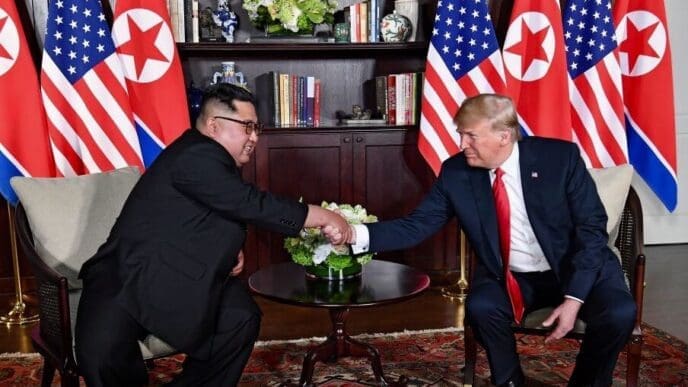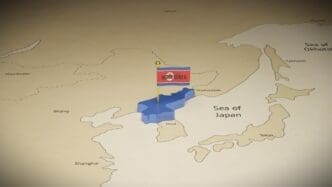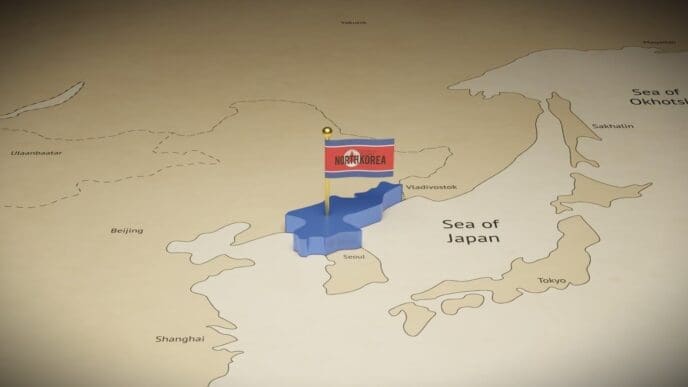Donald Trump, the current President of the United States, has recently granted refugee status to members of South Africa’s Afrikaner community, citing concerns over an alleged genocide. Nearly 60 Afrikaners have relocated to the U.S. under asylum, facilitated by the South African government’s allowance for their applications to be processed within the country. This move has sparked significant discourse as the scenes of these white South Africans departing on a chartered flight from Johannesburg are not typical of traditional refugee narratives.
Afrikaners, also known as Boers, are descended from 17th-century European settlers, primarily Dutch, German, and French, who established a unique cultural identity in South Africa. Historically, the Afrikaner-led government implemented apartheid in 1948, a system of severe racial segregation that ended in 1994 with the election of Nelson Mandela. Today, Afrikaners constitute about 4% of South Africa’s population.
Despite Trump’s assertions, no political parties in South Africa, including those representing Afrikaners, have verified claims of genocide. These claims often arise from reported attacks on white farmers, though a South African judge recently dismissed these as “imagined” during a legal case. South Africa’s crime statistics do not categorize by race, but recent figures indicate that of 6,953 murders between October and December 2024, only 12 were farm-related, with victims of various racial backgrounds.
President Trump has publicly defended his decision, suggesting the situation in South Africa could deter his participation in the upcoming G20 summit there. South African President Cyril Ramaphosa refuted claims of racial targeting, emphasizing that the Afrikaners leaving are resisting constitutional changes. The government argues that new land reform laws aim to rectify past dispossessions, although these have faced opposition from the Democratic Alliance.
Elon Musk, a South African-born advisor to Trump, has criticized the country’s ownership laws, which require businesses like Starlink to have 30% ownership by historically disadvantaged groups. Musk alleges these laws are racially biased, a claim countered by regulatory authorities who state that Starlink has not applied for the necessary licenses.
The Economic Freedom Fighters (EFF), a South African political party, has been accused by Musk of promoting violence through a controversial song at rallies. The courts ruled that the song is not a literal incitement to violence but a political expression against economic injustice.
While Trump’s offer of asylum garnered interest from some Afrikaners, surveys suggest that many remain committed to building their future in South Africa. The U.S. embassy has clarified its resettlement criteria, indicating that it supports individuals from any minority group fearing persecution. South Africa’s census highlights a diverse demographic, with the Afrikaner population being a small fraction.
The situation continues to evolve, with both local and international implications as political and social dynamics in South Africa remain complex and multifaceted.

